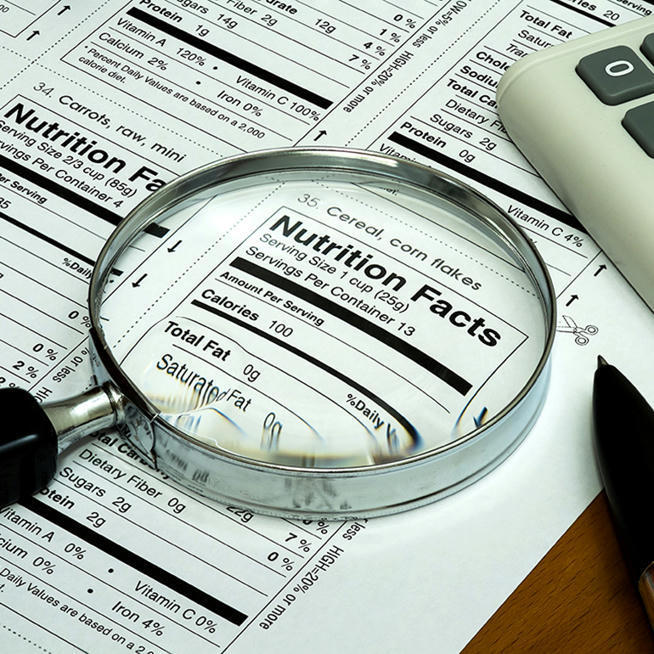
A randomized clinical US trial studying the effects of climate impact labeling on fast food reveals that when presented with food marked as having a high impact on the climate, consumers will likely choose a different, more sustainable item.
Within the study of 5,049 US adults, participants were shown a fast food menu and prompted to select one item from randomized menus, each with one of three label conditions: either a QR code label on all items (for the control group), green-colored ‘low climate impact’ labels on chicken, fish or vegetarian items (positive framing) or red-colored ‘high climate impact’ labels on red meat items (negative framing).
Of these participants, almost a quarter (23%) in the high climate impact label condition chose to order a more sustainable item (non-red meat). Similarly, compared to the control group, 10% more participants in the low climate impact label condition ordered a sustainable item.
The authors conclude that climate-impact menu labels may effectively promote sustainable restaurant food choices and that negatively-framed high climate-impact labels appear to be the most effective.

About the Author

EcoVadis is a purpose-driven company dedicated to embedding sustainability intelligence into every business decision worldwide. With global, trusted and actionable ratings, businesses of all sizes rely on EcoVadis’ detailed insights to comply with ESG regulations, reduce GHG emissions, and improve the sustainability performance of their business and value chain across 220 industries in 180 countries. Leaders like Johnson & Johnson, L’Oréal, Unilever, Bridgestone, BASF and JPMorgan are among 150,000+ businesses that use EcoVadis ratings, risk, and carbon management tools and e-learning platform to accelerate their journey toward resilience, sustainable growth and positive impact worldwide.
Follow on Linkedin
Visit Website
More Content by EcoVadis EN
Follow on Twitter Follow on Linkedin Visit Website More Content by EcoVadis EN


